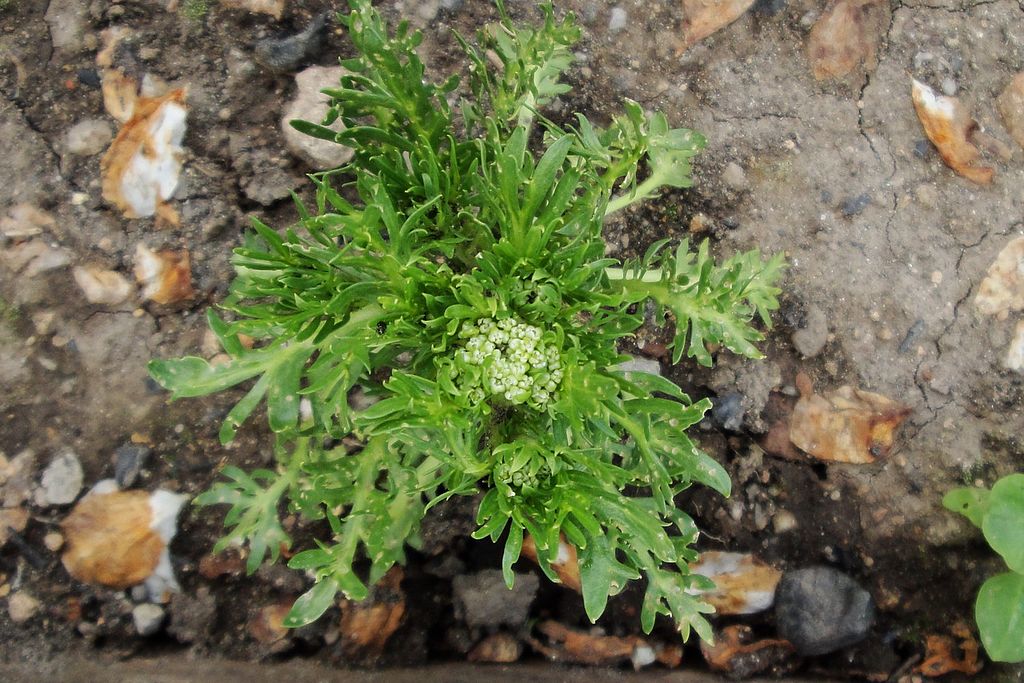
Science-Based Nutrition
Nutrition is embedded in mainstream medical teaching and practice, despite efforts to convince patients to the contrary (usually in an effort to sell them something).
Antiscience-Based Medicine in South Africa
South Africa’s Health Minister, Manto Tshabalala-Msimang, is fighting to protect the traditional healers of her country from having their methods tested scientifically. She warns that, “We cannot use Western models of protocols for research and development,” and that she does not want the incorporation of traditional healing to get “bogged down in clinical trials.” Her arguments are anti-scientific and represent a health...
Proposed Changes to FDA Regulation Present a Dilemma
The Food and Drug Administration (FDA) is proposing a very interesting loosening of their regulations of pharmaceutical company marketing. The pros and cons of the proposed changes present an interesting dilemma, with legitimate points on both sides. When the FDA approves a drug it is approved for a very specific medical indication. I have long thought that FDA approved indications for drugs...
Super Fruit Juices – The New Snake Oil
The core principle of science-based medicine is that health care decisions should be based upon our best current scientific evidence and understanding. When applied to the regulation of health products this means that health claims should first be required to meet some reasonable threshold of scientific evidence before they are allowed. Admittedly this is not a purely scientific question but the application...
Antioxidant Hype and Reality
A new study by lead author Shelly Gray and published in the latest issue of the Journal for the American Geriatric Society, found no effect from taking Vitamin C or E, either alone or in combination, on the risk of dementia or Alzheimer’s disease after 5.5 years. Vitamins C and E were chosen because they both have significant antioxidant activity, and so...
The Role of Anecdotes in Science-Based Medicine
While attending a lecture by a naturopath at my institution I had the opportunity to ask the following question: given the extreme scientific implausibility of homeopathy, and the overall negative clinical evidence, why do you continue to prescribe homeopathic remedies? The answer, as much as my question, exposed a core difference between scientific and sectarian health care providers. She said, “Because I...
The Ethics of Deception in Medicine
A recent study published in the Journal of General Internal Medicine and featured in a Time Magazine article, indicated that of 466 academic physicians in the Chicago area, 45% indicated that they have prescribed a placebo for a patient. This has sparked a discussion of the ethics of prescribing placebos in particular and deception in general in medicine. A placebo is a...
The Placebo Effect
Recently the Federal Trade Commission went after the makers of the Q-Ray Ionized Bracelet for their claims that their device was a cure for chronic pain. Last week Seventh Circuit judge Frank Easterbrook handed down his opinion on the company’s appeal, writing that the company was guilty of fraud and ordering them to pay 16 million dollars in fines. One of the...
Can Magnets Heal?
Belief in the healing power of magnets and magnetic fields has existed since the discovery of magnets several thousand years ago. In the late 18th century, Franz Anton Mesmer, an infamous charlatan, promoted the notion that he could heal with “animal magnetism.” In the 19th century magnetic healers were common – D.D. Palmer was a magnetic healer prior to founding chiropractic. Magnetic...

The Plant vs Pharmaceutical False Dichotomy
A recent New York Times piece promotes the idea that herbs are safer and more effective than pharmaceuticals. The reality is, both are drugs, with risks and benefits that need to be assessed and considered. Where they differ is in the degree of scrutiny and evidence required - extensive amounts for drugs, almost none for herbs.

